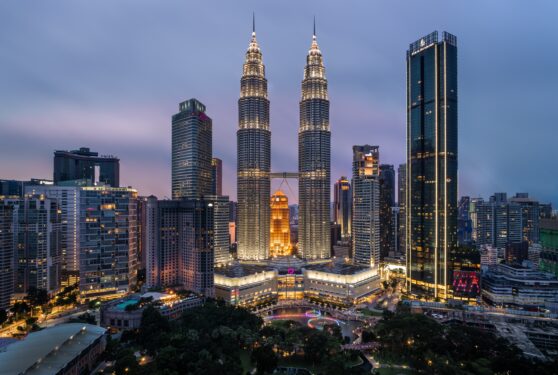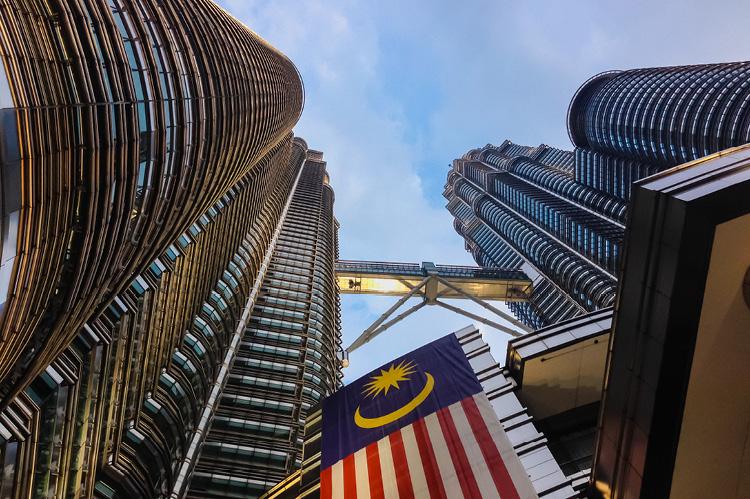IN the first part of my story I wrote about how an unvaccinated food hawker in Ranau, Sabah is challenging a COVID-19 standard operating procedure (SOP) imposed by the local district council.
This came after she had received a warning letter from the Ranau District Council to get vaccinated against the coronavirus within a week if she wanted to avoid being issued a hefty fine.
It is evident from a 35-page document in court in Kota Kinabalu that the Sabah hawker has raised various issues which will only get a hearing if the High Court visits the merits of the judicial review Application.
The Applicant argued that some of the vaccines for COVID-19 did not meet the criteria.
Pfizer-BionTech and Moderna, for example, were strictly not vaccines but ‘novel gene therapy technology’.
Both approaches, she claimed, do not provide immunity but may help reduce the severity of symptoms attributed to COVID-19.
The other ‘vaccines’ are not mentioned in the judicial review, probably being ‘works in progress’.
The Applicant argued that it is not possible to produce a vaccine within less than 10 to 15 years.
A vaccine introduces antibodies for lifelong immunity i.e. protection, and it is not possible to be infected after being vaccinated.
She further argued that taking a shorter timeframe may create more virulent strains, neurological consequences, brain damage, haemorrhage and premature death including among the young.
The Applicant also went into detail on the 10-Point Nuremberg Code, a set of research ethics principles for human experimentation.
The Code was created by the US vs Brandt court as one result of the Nuremberg trials at the end of WW2.
The hawker took issue with vaccines, vaccination, the PCR Test being unable to detect the presence of the virus if a fragment of its RNA was not present, and the symptoms attributed to COVID-19 being generally not specific to the disease.
Generally, the court will not consider conspiracy theories. If there is proof and evidence based on the balance of probabilities in the civil Test of the Burden of Proof, it would be a different matter.
In civil cases, circumstantial evidence is accepted in court.
The High Court of Borneo will first consider whether the Ranau District Council complied with its own procedures, and if there was compliance, the court based on precedents will dismiss the Application for judicial review.
Unlike in England, for example, generally the court in Malaysia will not get into whether government procedures were unfair.
It will not consider the merits of the Application if the Government followed its own procedures. Hence, it has been alleged that the government rarely loses judicial reviews.
Having said that, no court will interfere in the prerogative and discretionary powers of Government and management unless abuse can be proven.
The hawker can argue that she has prerogative and discretionary powers on whether to impose masking and double dose vaccination on her patrons.
After all, the eatery belongs to her, not the Government.
The business is her property under Article 5 and 13, while Article 8 says no discrimination.
She cited these Articles and Article 9 on ‘Prohibition of banishment and freedom of movement’.
It is true that no one can force the hawker to accept vaccination.
However, the issue of ‘duty of care’ may arise, with or without the other issues.
For example, a lifeguard on duty at the swimming pool has a ‘duty of care’ towards swimmers. He has to prevent death by drowning.
A swimmer sitting by the pool has no ‘duty of care’ towards other swimmers.
The letter of the law isn’t the sum total of the rule of law. In the rule of law, the basis of the Constitution, there’s greater emphasis on the spirit of the law, read together with the letter of the law.
The letter of the law by itself isn’t law at all.
There’s no democracy. It’s dictatorship i.e. rule by law or rule by Man viz. the law of the jungle.
In a rule by law situation, there’s no legitimacy, no consent of the governed. The people would have lost their sovereignty. – Oct 1, 2021.
Joe Fernandez is a longtime Borneo watcher and a regular FocusM contributor.
The views expressed are solely of the author and do not necessarily reflect those of Focus Malaysia.
Pic credit: Straits Times









